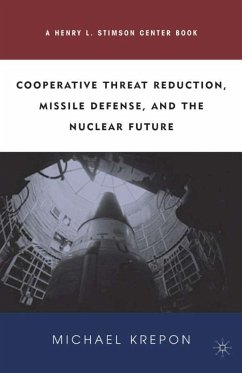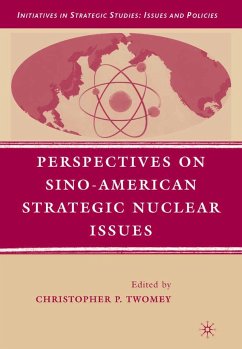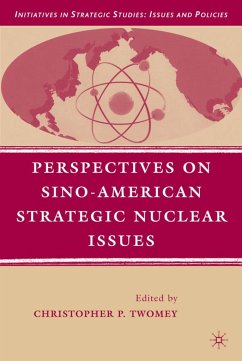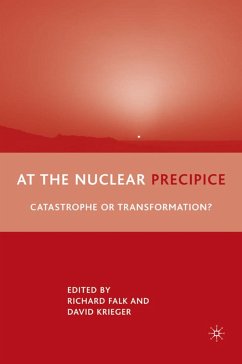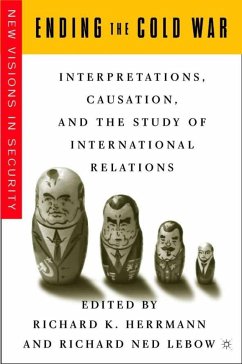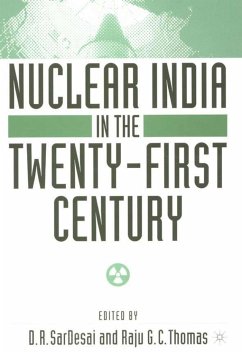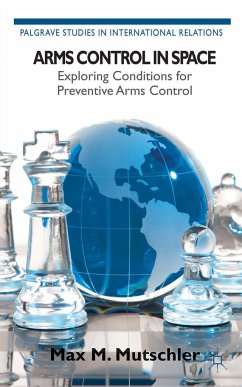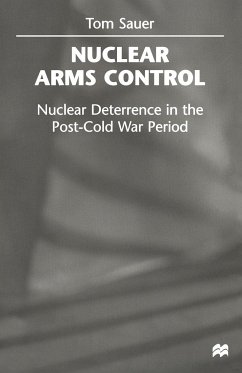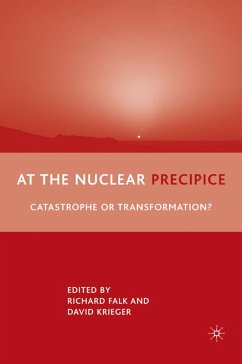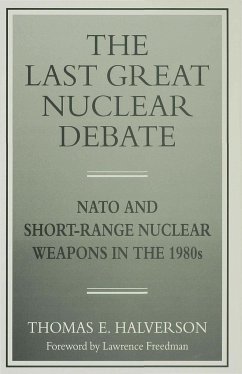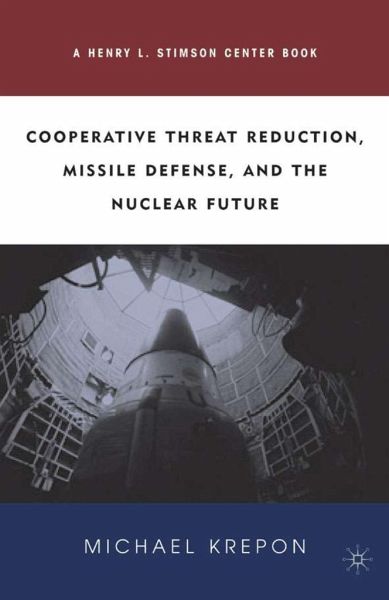
Cooperative Threat Reduction, Missile Defense and the Nuclear Future
Versandkostenfrei!
Versandfertig in über 4 Wochen
102,99 €
inkl. MwSt.
Weitere Ausgaben:

PAYBACK Punkte
51 °P sammeln!
In this book, Michael Krepon analyzes nuclear issues such as missile defenses, space warfare, and treaties, and argues that the United States is on a dangerous course. During the Cold War, Mutual Assured Destruction, or MAD, facilitated strategic arms control. Now that the Cold War has been replaced by asymmetric warfare, treaties based on nuclear overkill and national vulnerability are outdated and must be adapted to a far different world. A new strategic concept of Cooperative Threat Reduction is needed to replace MAD. A balance is needed that combines military might with strengthened treaty...
In this book, Michael Krepon analyzes nuclear issues such as missile defenses, space warfare, and treaties, and argues that the United States is on a dangerous course. During the Cold War, Mutual Assured Destruction, or MAD, facilitated strategic arms control. Now that the Cold War has been replaced by asymmetric warfare, treaties based on nuclear overkill and national vulnerability are outdated and must be adapted to a far different world. A new strategic concept of Cooperative Threat Reduction is needed to replace MAD. A balance is needed that combines military might with strengthened treaty regimes.





